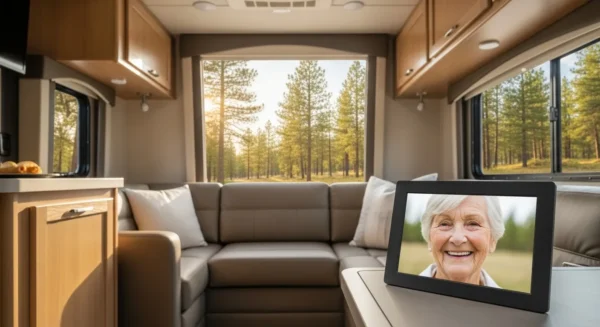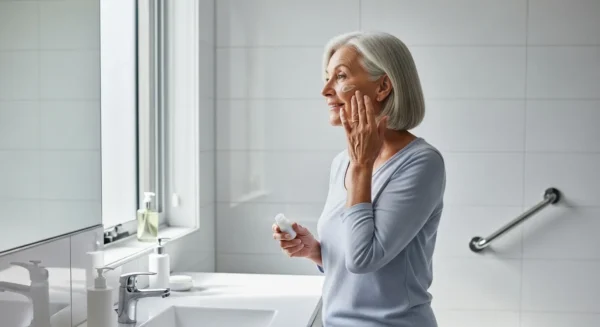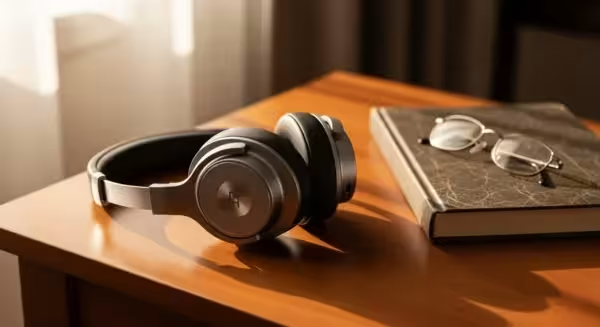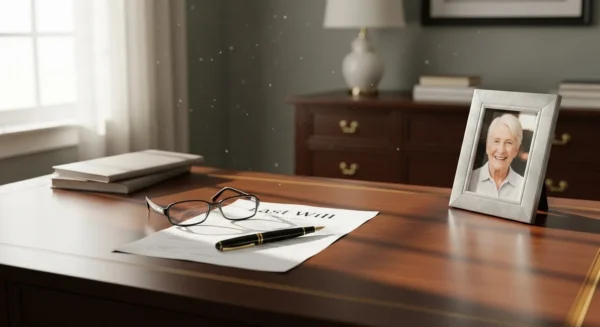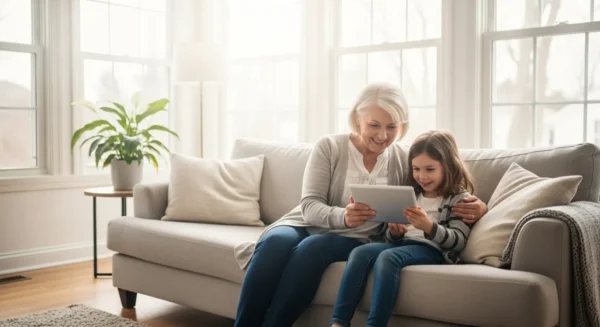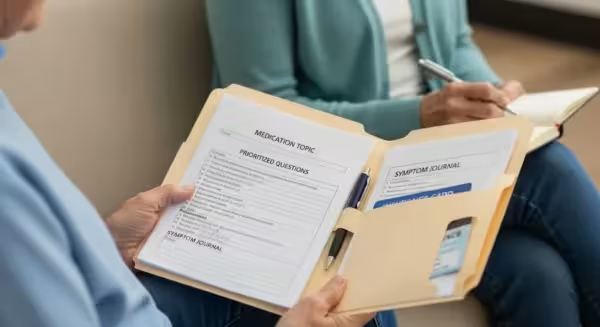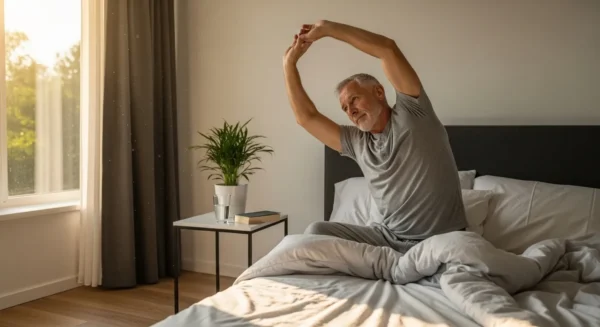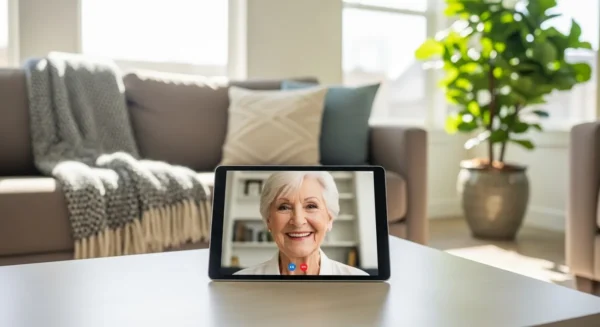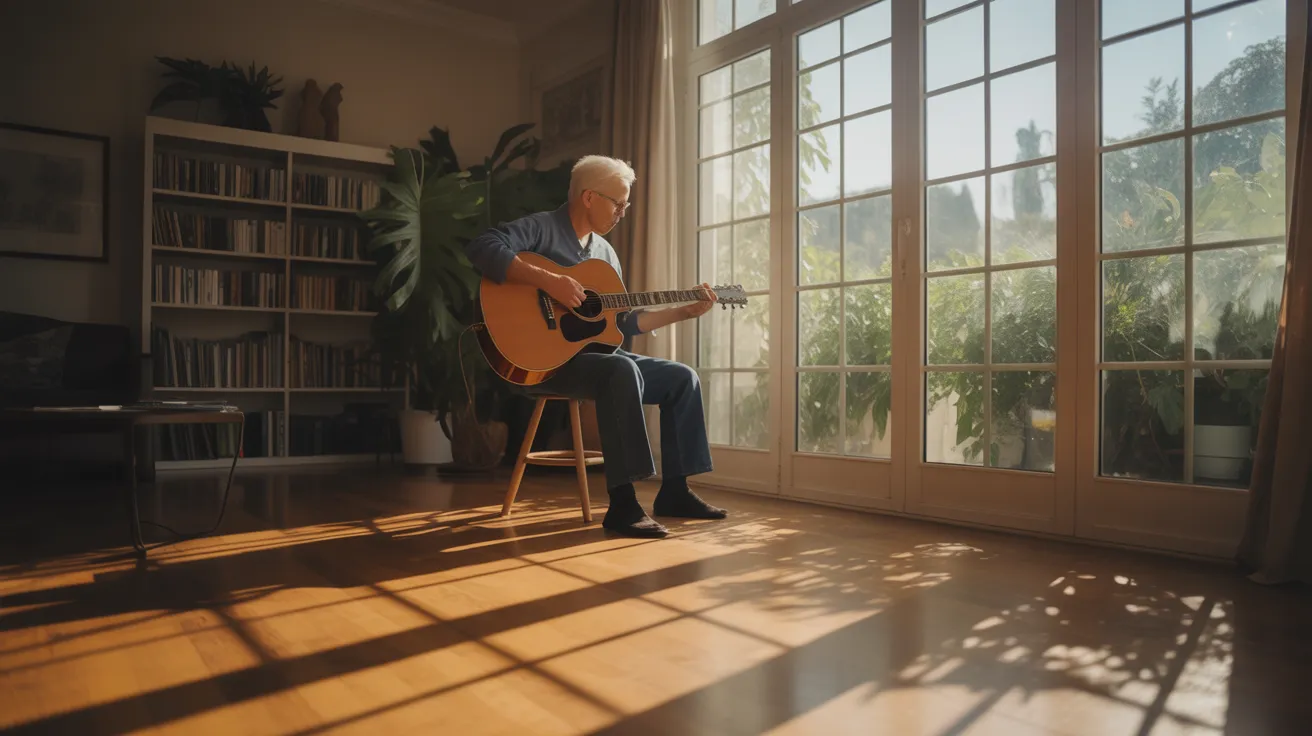
Frequently Asked Questions
What is the difference between formal music therapy and just enjoying music at home?
This is an excellent question. Enjoying music at home is a wonderful wellness activity that can greatly enhance senior happiness and relaxation. Formal music therapy, however, is a clinical health profession where a board-certified music therapist uses music to address specific, non-musical goals for a client. For example, a therapist might use rhythm to help a stroke survivor regain a steady walking gait or use songwriting to help someone process grief. While both are valuable, formal therapy is a goal-oriented treatment process, whereas personal enjoyment is a general wellness practice.
Can music truly help someone with Alzheimer’s or dementia?
Yes, extensively. While music cannot cure dementia, it is one of the most effective non-drug interventions for managing its symptoms. Because the part of the brain that processes music is often one of the last to be affected by the disease, familiar songs can still spark recognition and positive emotions long after other memories have faded. It can reduce agitation, improve mood, encourage social interaction, and provide a powerful bridge for communication between individuals with dementia and their caregivers.
Is music therapy or related services ever covered by Medicare?
Coverage can be complex and depends on the specific circumstances. In some cases, music therapy may be covered by Medicare Part B if it is deemed medically necessary as part of a broader treatment plan, such as in a psychiatric hospital or as part of a comprehensive rehabilitation program. However, standalone music therapy sessions are often not covered. It is always best to check directly with your provider and your plan. For insurance and medical coverage questions, refer to Medicare.gov.
I’m not a musician. Can I still benefit from active music participation?
Absolutely! You do not need any musical talent or training to benefit from active music-making. The goal is not performance; it is participation and expression. Singing along to a song, even if you are off-key, provides respiratory benefits and a mood boost. Tapping a simple rhythm on a tabletop engages your motor skills. The physical and emotional benefits come from the act of participating, not from the quality of the sound you produce.
Disclaimer: This article is for informational purposes only and does not constitute medical advice. The content is not intended to be a substitute for professional medical advice, diagnosis, or treatment. Always seek the advice of your physician or other qualified health provider with any questions you may have regarding a medical condition.

